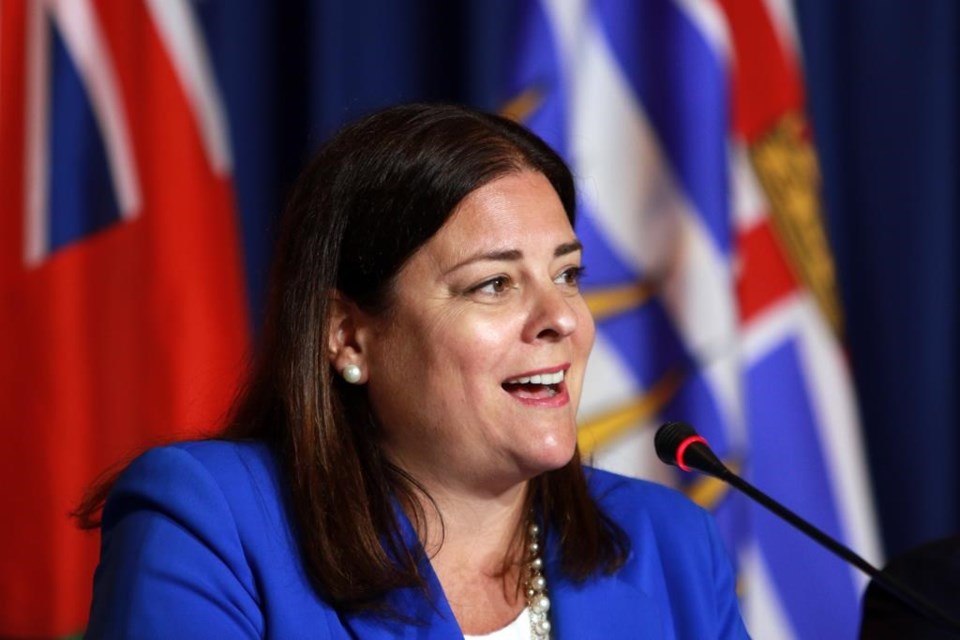WINNIPEG — The Manitoba government promised $200 million Thursday to ease the strain on the health-care system and add some 2,000 professionals to the front lines.
The plan includes pay incentives for weekend shifts and money to encourage part-time nurses to switch to full-time. The government is also to cover licensing fees for two years for health-care professionals and offer money to help medical clinics and doctors' offices expand their hours.
"This action plan is a critical turning point to address Manitoba's health human resource challenges — something all jurisdictions across the country are facing," Premier Heather Stefanson said.
The province is also promising more money for personal protective equipment and mental-health services. More peace officers are to be stationed at large emergency departments to ensure a safe work environment. New measures are to be taken to help international workers and retired nurses join the workforce.
One of the key aims of the plan is to eliminate mandatory overtime for nurses, Health Minister Audrey Gordon said.
The group Doctors Manitoba said it is encouraged by the plan, which it says will begin to address concerns about burnout that emerged during the COVID-19 pandemic.
"Manitobans are facing unreasonably long wait times in emergency rooms and for surgeries and diagnostic tests," said Dr. Candace Bradshaw, president of Doctors Manitoba, which represents some 4,000 physicians, residents and medical students.
"Rural and northern hospitals are facing frequent closures and making it hard to know when and where to access care. The causes of these problems are complicated, but often they all come back to one single common issue, and that is shortages and burnout among our health care workers."
The Manitoba Nurses Union said the money is a start.
“This announcement is a good first step in helping to improve the terrible conditions for Manitoba nurses at present. However, there is still plenty of work to do," union president Darlene Jackson said in a written statement.
The pandemic has caused wait times at Manitoba hospitals to grow. The amount of people in intensive care remains above the pre-pandemic normal capacity, government data indicate. At one point last year, dozens of intensive-care patients were flown to other provinces to free up beds.
The backlog of surgeries and diagnostic times has increased during the pandemic and a recent surge in respiratory viruses prompted a warning at the children's hospital in Winnipeg this week that children with less urgent symptoms are facing longer waits.
Details of each new financial incentive have yet to be worked out and the $200 million is to be spread out over multiple years in a health system that costs $6.7 billion annually.
Some health workers were not convinced the money will be enough.
"Rural paramedics, laboratory and diagnostic imaging technologists, respiratory therapists and so many others are taking early retirement, leaving for other provinces where they can earn more or leaving health care altogether," Jason Linklater, president of the Manitoba Association of Health Care Professionals, said in a news release.
"If they really want to give the front line hope, then our members need more details and substantive action now."
This report by The Canadian Press was first published Nov. 10, 2022.
Steve Lambert, The Canadian Press


